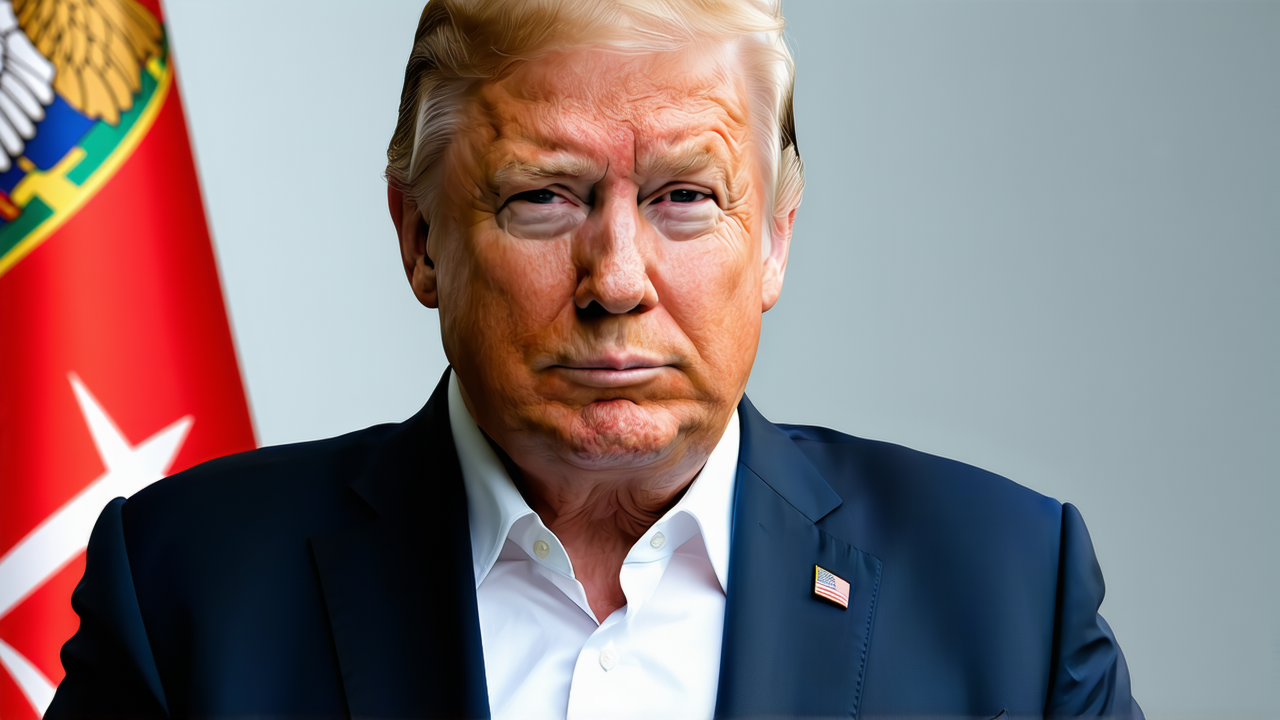Trump Imposes New Tariffs on India Over Russian Oil Imports as Deadline Looms
Trump Imposes New Tariffs on India Over Russian Oil Imports as Deadline Looms
US President Donald Trump has announced new trade measures against India, imposing an additional 25% tariff on Indian goods due to the country's continued imports of Russian oil. This move comes just hours before another set of tariffs is scheduled to take effect, marking a significant escalation in Trump's ongoing trade disputes.
The new 25% tariff will be implemented in three weeks, adding to an existing 25% duty that takes effect on Thursday, bringing the total to 50% for many products. Trump's actions also threaten penalties on other nations that directly or indirectly import Russian oil, a crucial revenue source for Moscow's war in Ukraine.
India's foreign ministry has condemned the move, calling it “unfair, unjustified and unreasonable.” The ministry previously stated that India began importing Russian oil after traditional suppliers were redirected to Europe due to the Ukraine conflict, and that the US had “actively encouraged” such imports to stabilize global energy markets.
However, Trump has intensified pressure on India, threatening new tariffs as part of a broader campaign to pressure Moscow into ending its invasion of Ukraine. India’s national security adviser was in Moscow on Wednesday, coinciding with the arrival of US envoy Steve Witkoff, signaling a complex diplomatic landscape.
The additional 25% tariff is lower than the 100% level Trump had previously suggested, but the move reflects a broader strategy to isolate Russia economically through targeted sanctions on its trade partners.
Analysts suggest that while India may face domestic pressure to comply with US demands, navigating this challenge will be difficult. Farwa Aamer of the Asia Society Policy Institute noted that this could mark a low point in US-India relations.
Meanwhile, Trump has also increased tariffs on Brazil, raising duties on various goods from 10% to 50% in response to the trial of former president Jair Bolsonaro, who is accused of planning a coup. Brazil has taken the first step in dispute proceedings at the World Trade Organization.
On Thursday, a new wave of tariffs will come into effect, impacting a range of economies, including the European Union, Japan, South Korea, and Taiwan. These tariffs, described as “reciprocal,” are aimed at addressing trade practices Washington deems unfair, with some reaching as high as 41% for Syria.
As the deadline approaches, global leaders are scrambling to avert the steeper duties. Switzerland’s president, Karin Keller-Sutter, has made an urgent trip to Washington in hopes of securing a meeting with Trump or key economic officials. However, it remains unclear if such a meeting will take place.
Some of Trump’s sweeping tariffs face legal challenges, with cases likely to reach the Supreme Court. These legal battles could have far-reaching implications for international trade and US economic policy.
As tensions mount, the global trade landscape continues to shift, with countries seeking to balance economic interests against geopolitical pressures. The coming weeks will be critical in determining the trajectory of these trade disputes and their impact on international relations.
